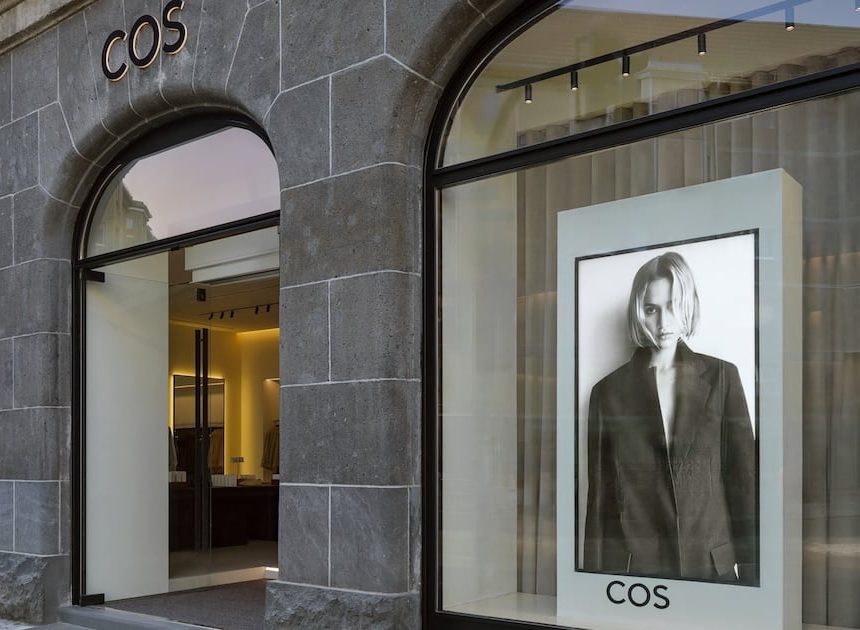The Celebrity Traitors final was so good that the TV moment of the year (Nick revealing he’d written Joe’s name on his slate) only held its crown for six minutes before the actual TV moment of the year (Alan revealing he’d been a traitor all along) completely stole it. Epic congratulations to Alan, a full-spectrum entertainment booking, who from the first minutes of this season catapulted himself to the status of high-value national treasure, while Joe Marler also leapfrogged 27 stardom categories in the public imagination and should now be made Duke of York. And look, it wasn’t all bad for historian and Guardian Scott Trust board member David Olusoga. Thanks to the deputy PM and justice secretary, he was only the second most spectacularly wrong David of the week.
But why am I bringing politics into it? After all, one of the most remarkable shifts I haven’t been able to help noticing during this epic first run of The Celebrity Traitors is that no senior politician has attempted to refer to the show as a way of currying public favour. They’d certainly get short shrift if they tried. But this represents a radical break with the past 20 years, where politicians and prime ministers became transfixed by the popularity of reality TV. In the first twisted heyday of the genre, politicians really thought it was the answer and they could steal its best bits to succeed in their own trade. Now I think that even they realise a show like The Celebrity Traitors is the thing people escape to in an age when none of our leaders have any answers.
Only one man – the biggest reality TV star of that first golden era – instinctively understood the explosively popular new genre’s dynamics and true meaning and import, and bent them to his will. He is now enjoying a second residency, not in Vegas, but in the White House. Vladimir Putin also got it. But in the anglophone world, all the other politicians had reality TV totally wrong. Wronger than Kate Garraway, if that puts it into perspective.
Even so, their dances with the genre make for fascinating cultural history. It seems mad to recall, but Gordon Brown was so convinced by his vision for something called “an X Factor Britain” that as prime minister he wrote personal letters to all the 2008 finalists of Simon Cowell’s ITV talent show, while dealing with the global financial crisis. Alexandra Burke won. (That year’s X Factor– not the global financial crisis.) A few months earlier, the then PM had made an appearance on American Idol. Brown was even approached to be a judge himself, on a show provisionally entitled Junior PM that was pitched for BBC One. One of his secretaries of state was photographed carrying a printed email about this proposed format to a cabinet meeting. This contained the producers’ pitch for a show that would make the prime minister “more popular than Sir Alan Sugar” – !!! – in a space aimed at the “Apprentice meets Maria meets Strictly Come Dancing” audience. The Tories promptly gave Strictly host Bruce Forsyth a ticket to watch the next PMQs in the Commons public gallery, where they kept shouting “you’re fired!” at Brown.
By the David Cameron era, Cowell’s endorsement was regarded as so market-moving that the Sun splashed his backing for Cameron on the morning before the 2010 election. Cowell himself was convinced referendums were the future, claiming that local editions of his reality show in non-democracies or fragile ones, such as Afghanistan, had “given democracy back to the world”. It was striking how often those who had risen via reality television were deemed the answer. Prospect magazine voted Russell Brand the fourth most influential political thinker in the world in 2015. (This was the same year he asked would-be Labour prime minister Ed Miliband: “Since suffrage, since the right to vote, what has meaningfully occurred?”)
It’s notable that The Traitors, like the original US Apprentice (and its UK spin-off), are not shows in which there is a public vote. But so many were, and there was much to be read into the way in which a significant section of the public was casting its ballots, if only we had extrapolated it. The always entertainingly brilliant Alwyn Turner digs into this in All in It Together, his history of England in the 21st century. First, you had the public repeatedly pressing the fuck-you button and voting for John Sergeant every week on Strictly. The former BBC political correspondent’s dancing was terrible, but voters knew that backing him would incense the elites trying to push them in different directions. I will not be taking questions on this opinion, but … this was the Brexit vote foreshadowed.
after newsletter promotion
Last month, before Celeb Traitors aired, Ipsos ran trust polling pitting its stars against politicians and found it more than backed up the prevailing sentiment that politicians are far less trusted than celebrities. Claudia Winkleman was 51% trusted, against Rachel Reeves on 15%. Carr (the most recognisable star among the public, it found) scored 50% trust against 22% for Nigel Farage. It would be fun to see how those numbers have changed over the past month.
The other big thing that has changed decisively in recent times is the calibre of people attracted to primetime reality TV. The lineup for The Celebrity Traitors was hugely impressive, and final confirmation that, when highly produced, this genre’s reputation as a home for has-beens is totally dead. The Celebrity Traitors was the ultimate prestige format, and will be even more so after this series. As for the high-profile place this country now seems to send its low-calibre people … well, I think even the wrongest faithful could work out the answer to that.
-
Marina Hyde is a Guardian columnist
-
A year in Westminster: John Crace, Marina Hyde and Pippa Crerar
On Tuesday 2 December, join Crace, Hyde and Crerar as they look back at another extraordinary year, with special guests, live at the Barbican in London and livestreamed globally. Book tickets here or at guardian.live


